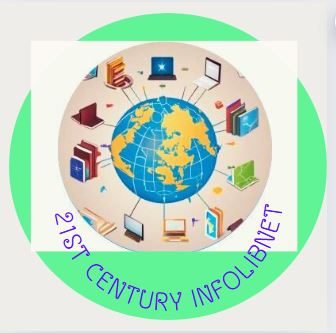
The issue of book censorship and the freedom to read has become a contentious topic in recent years. The American Library Association (ALA) reports a significant increase in the number of books “targeted for censorship,” leading to concerns about the restriction of access to certain books. However, a group of librarians is fighting back against what they perceive as a woke “banned books” narrative. This blog post will explore the efforts of this librarian group and their mission to restore the neutrality of libraries.
The Rise of Book Challenges:
According to the ALA, book challenges have been on the rise, with a 65% increase in the number of books “targeted for censorship” last year [1]. These challenges often stem from concerns about explicit sexual content or LGBTQ-themed books being accessible to children. However, it is important to note that books that have been “banned” from schools are still widely available in public libraries and bookstores [1]. The issue lies in the ALA’s opposition to restricting access to books based on age, which has led to a debate about the role of parents in determining what is appropriate for their children.
The Formation of the Association of Library Professionals (ALP):
In response to what they perceive as ideological capture and bias in libraries, a group of librarians founded the Association of Library Professionals (ALP) [1]. The ALP aims to guide the library profession back to its traditional duty of impartially offering books and resources to all users while considering the needs and interests of patrons and communities. Their mission includes keeping sexually explicit material out of the hands of minors and partnering with parents, caregivers, and educators to provide well-balanced educational development for young readers [1].
Challenging the Publishing Industry:
The ALP also highlights the issue of books being “strangled in the crib” by a publishing industry reluctant to challenge current woke pieties [1]. This includes instances where white authors writing characters from different racial or ethnic backgrounds are deemed “problematic.” The ALP emphasizes that the lack of willingness to have all stakeholders come to the conversation is a concern and goes against the principles of libraries, which are meant to be for all ideas, not just one or two [1].
Conclusion:
The librarian group, the Association of Library Professionals (ALP), is fighting against the woke “banned books” narrative by advocating for the restoration of neutrality in libraries. They aim to provide books and resources to all users while considering the needs and interests of patrons and communities. By addressing concerns about explicit content and partnering with parents and educators, the ALP seeks to create a balanced and inclusive environment for young readers. Their efforts highlight the importance of open dialogue and the involvement of all stakeholders in shaping library collections.
Read more:




You must be logged in to post a comment.